EY refers to the global organization, and may refer to one or more, of the member firms of Ernst & Young Global Limited, each of which is a separate legal entity. Ernst & Young Global Limited, a UK company limited by guarantee, does not provide services to clients.
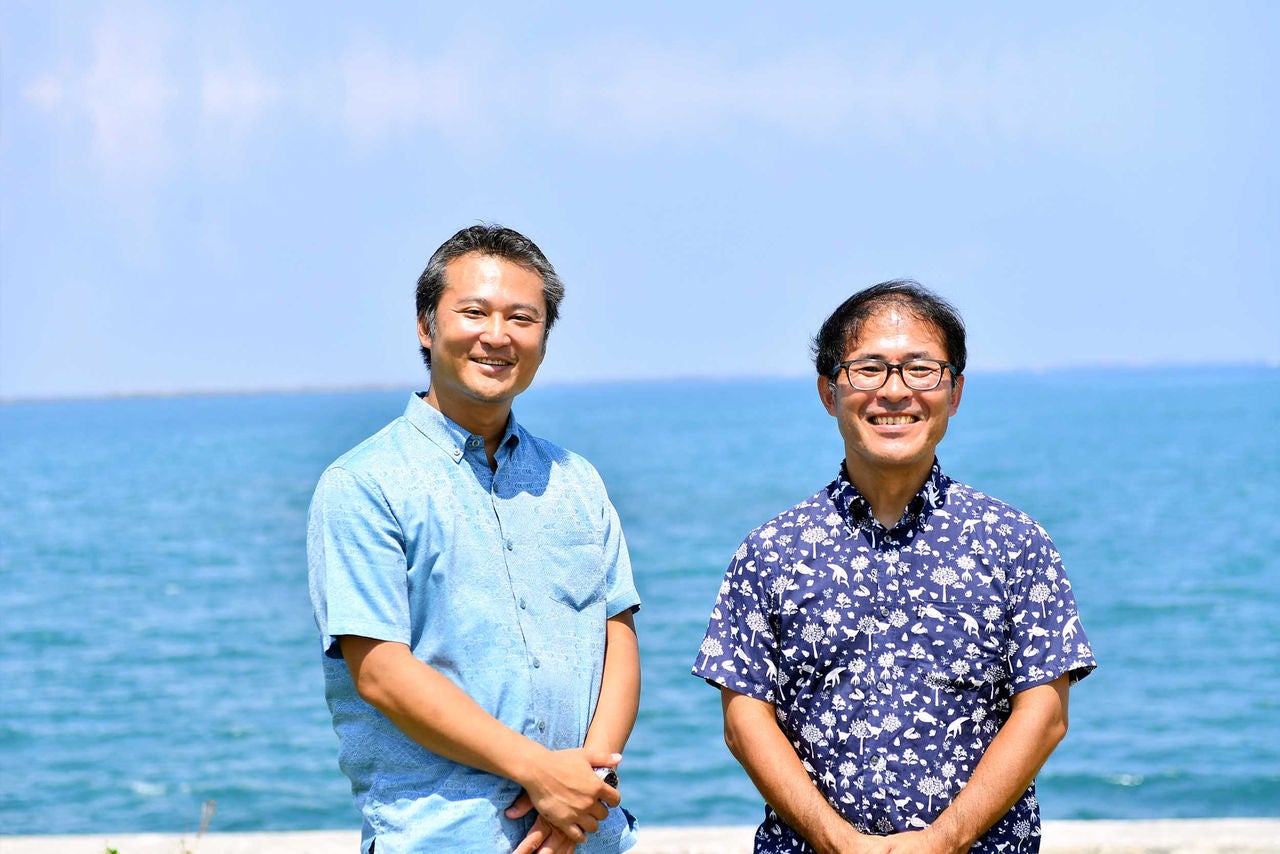
Long-term value (LTV) discussion series
Creating long-term value through tourism-driven regional revitalization
In brief
- Okinawa’s tourism industry has structural problems such as a changing market triggered by the COVID-19 pandemic and issues with local levels of productivity and employment. There is a need to rebuild tourism.
- EY Japan is helping construct a data utilization-based model to develop Okinawan tourism. We are making recommendations for increasing customer loyalty and added value in the tourism industry through digital transformation (DX), and for streamlining the industry. We are making good progress with the compilation and utilization of data in the region.
- One facet of tourism is its ability to foster acceptance of diversity through encounters with others. It is expected to play a pivotal role not only in the economy, but also in education and human resources development.
Okinawa is forging ahead with the utilization of data in an effort to deliver sustainable growth to local economy. EY Japan is participating in the process of building a development model, and is supporting the project through DX aimed at reinventing the tourism industry. We are pursuing initiatives that will also contribute to education and human resources development by fostering acceptance of diversity in the region.
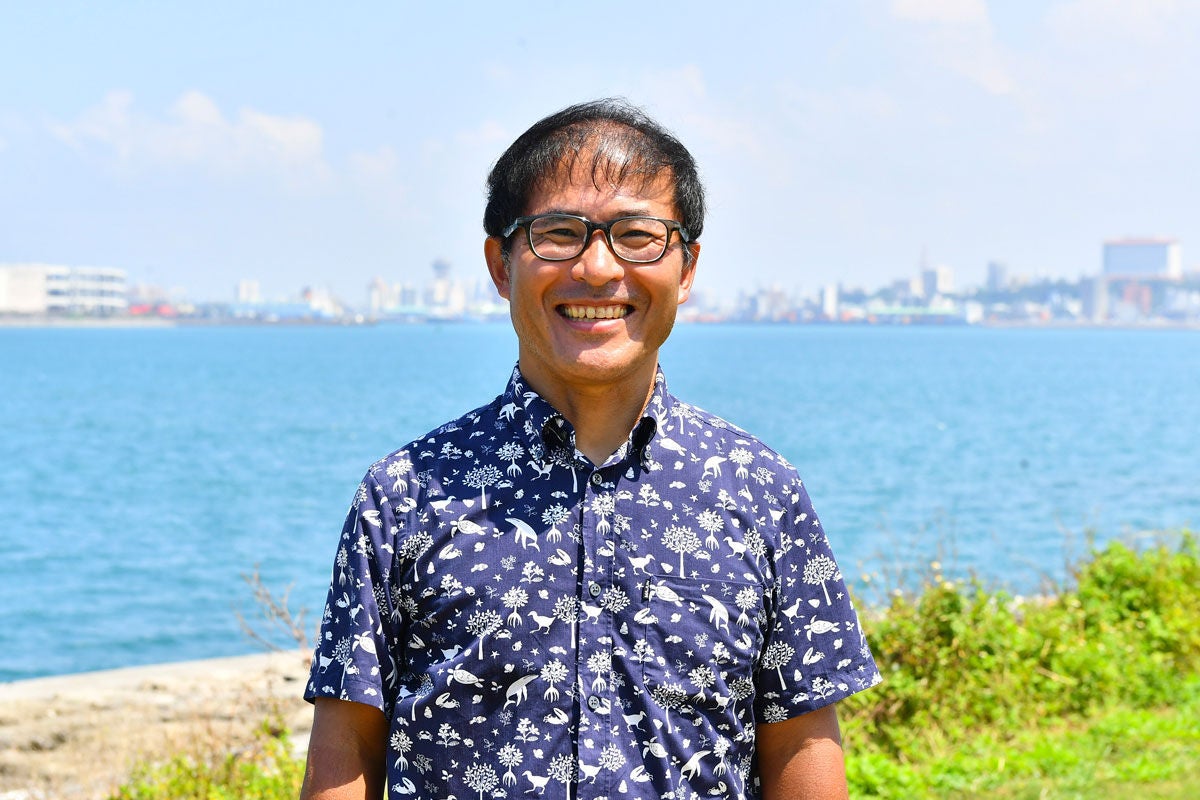
Mr. Akihiko Hoshi
Director of Transport Department, Okinawa General Bureau, Cabinet Office
Director of Okinawa General Tourism Policy, Promotion Office
Director for Tourism Policy, Japanese Tourism Agency
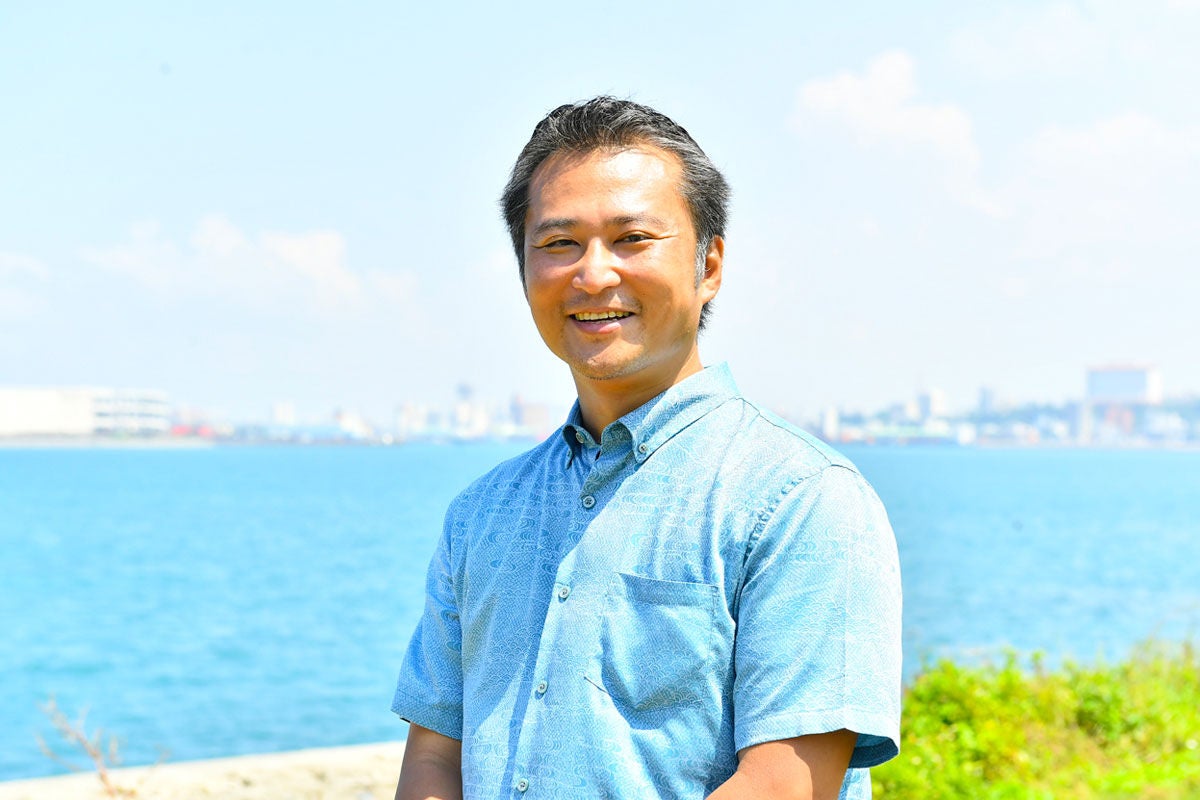
Tomotaka Hirabayashi
Partner, Strategic Impact,
EY Strategy and Consulting Co., Ltd.

Section 1
What role for tourism in a sustainable regional society?
We are focusing on quality in order to reinvigorate Okinawa’s tourism industry. By creating value based on its wealth of natural and cultural assets, we will enhance the sustainability of the entire region.
Hirabayashi: EY has defined its purpose as Building a better working world, and is aiming to create long-term value. Mr. Hoshi, we are working with you on a variety of projects, especially on the theme of regional revitalization. Given that you have served in multiple posts at the Japan Tourism Agency (JTA) and the Okinawa General Bureau, what is your opinion of the current state of Okinawa’s tourism industry?
Mr. Hoshi: Okinawa’s tourism industry has grown tremendously, with more than 10 million tourists visiting the prefecture in 2019, for example. However, there are structural issues as the levels of productivity, employment and income in the industry as a whole have not improved to the same extent. And then came the COVID-19 pandemic. Not only did tourist numbers drop but the pandemic changed in an instant both tourists’ expectations and the market itself.
To resolve these issues, we will need to take a medium- to long-term perspective and invest in people and facilities, and revitalize the tourism industry while also welcoming inbound travelers.
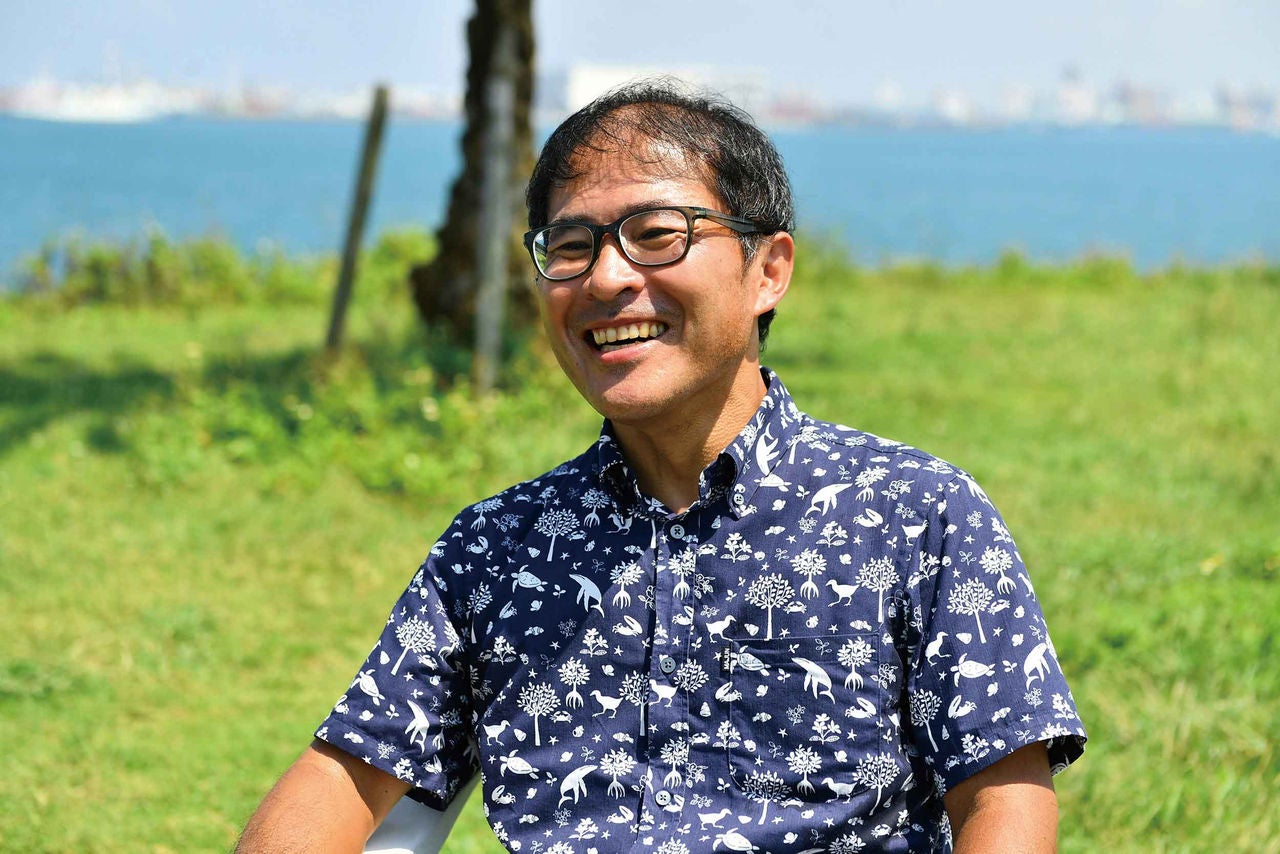
Hirabayashi: In 2019, Okinawa attracted as many tourists as Hawaii, but visitors to Okinawa don’t spend much money while they are there. Action to improve both quantity and quality is a critical element in encouraging tourists to spend more. Simply boosting tourist numbers results in overtourism. To develop Okinawa’s tourism industry over the long term and in a sustainable fashion, it will be important to pay attention to quality. Okinawa’s wealth of natural and cultural assets, such as the Yanbaru area which is a UNESCO Natural Heritage site, are an essential foundation to pursue quality-oriented initiatives and to increase promotion.
Mr. Hoshi: Tourism is a crucial industry for enhancing the sustainability of the entire region. Growth of the tourism industry will raise employment levels for local residents, and increase the cultural value of the community. It is important for tourists and local residents to understand each other’s values, and also for local people to feel responsible for, and proud of, the spirit and culture that accompanies their inheritance of the land. I believe that now, when we are attempting to revitalize tourism in the wake of the COVID-19 pandemic, is the ideal time to rebuild tourism value.
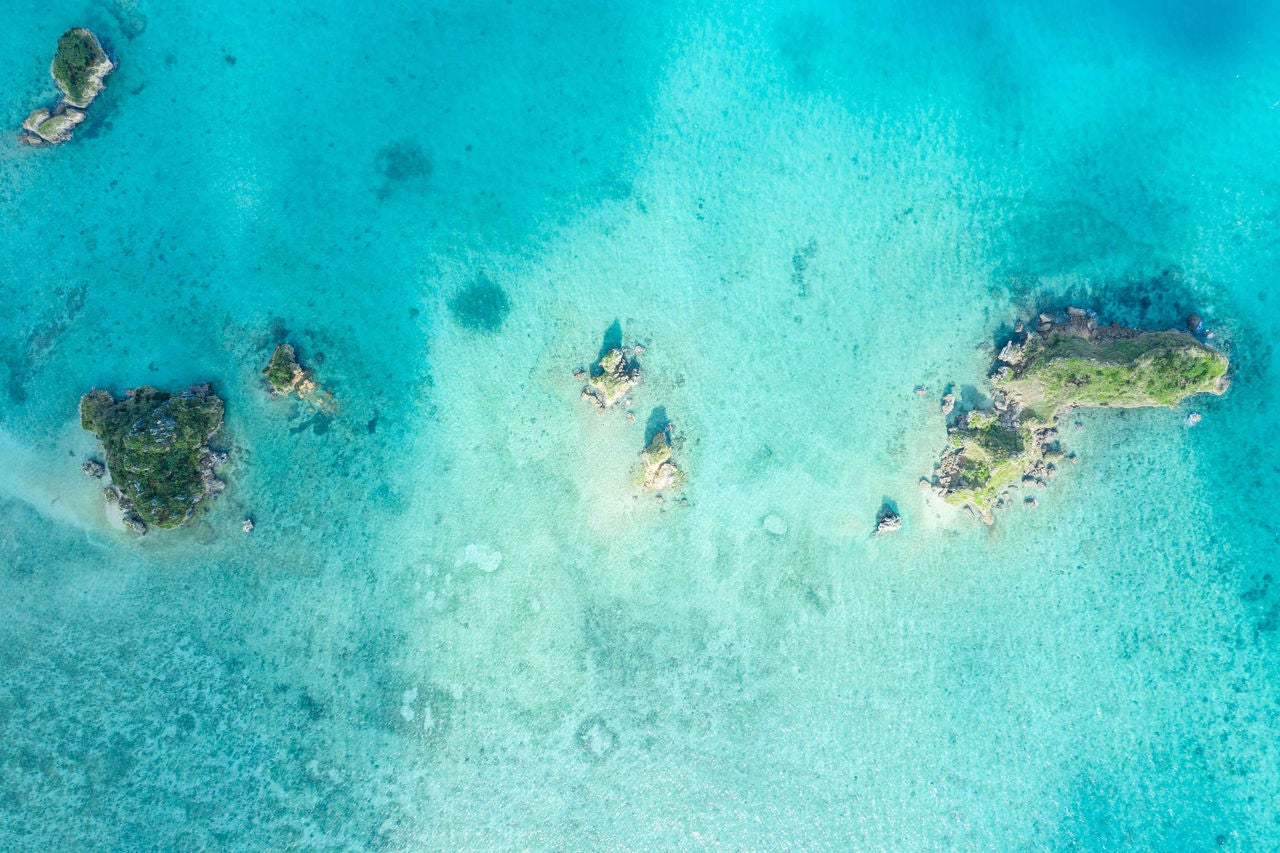
Section 2
Data utilization-based model to develop Okinawan tourism and what follows it
Data science and design thinking are central to carving out a future for the region through tourism. We will leverage digital technology to respond to diverse needs and enhance loyalty.
Hirabayashi: In Okinawa, EY Japan is field-testing chatbot solutions and collecting data about rental car usage in order to visualize the needs and behavior of tourists. We have already rolled out these initiatives in a number of areas, including Naha, and in the future we will also be gathering data at tourist information centers. I also serve on one of the JTA’s committees and I plan to incorporate our committee meeting discussions and move quickly to implement the initiatives tested in Okinawa. Thinking about the promotion of DX and data utilization in the tourism field, the Okinawa General Bureau released a summary of plans to establish a data utilization-based model to develop Okinawan tourism in August 2022. EY Japan was also involved in preparing this summary. Mr. Hoshi, what are your thoughts on the significance of this initiative?
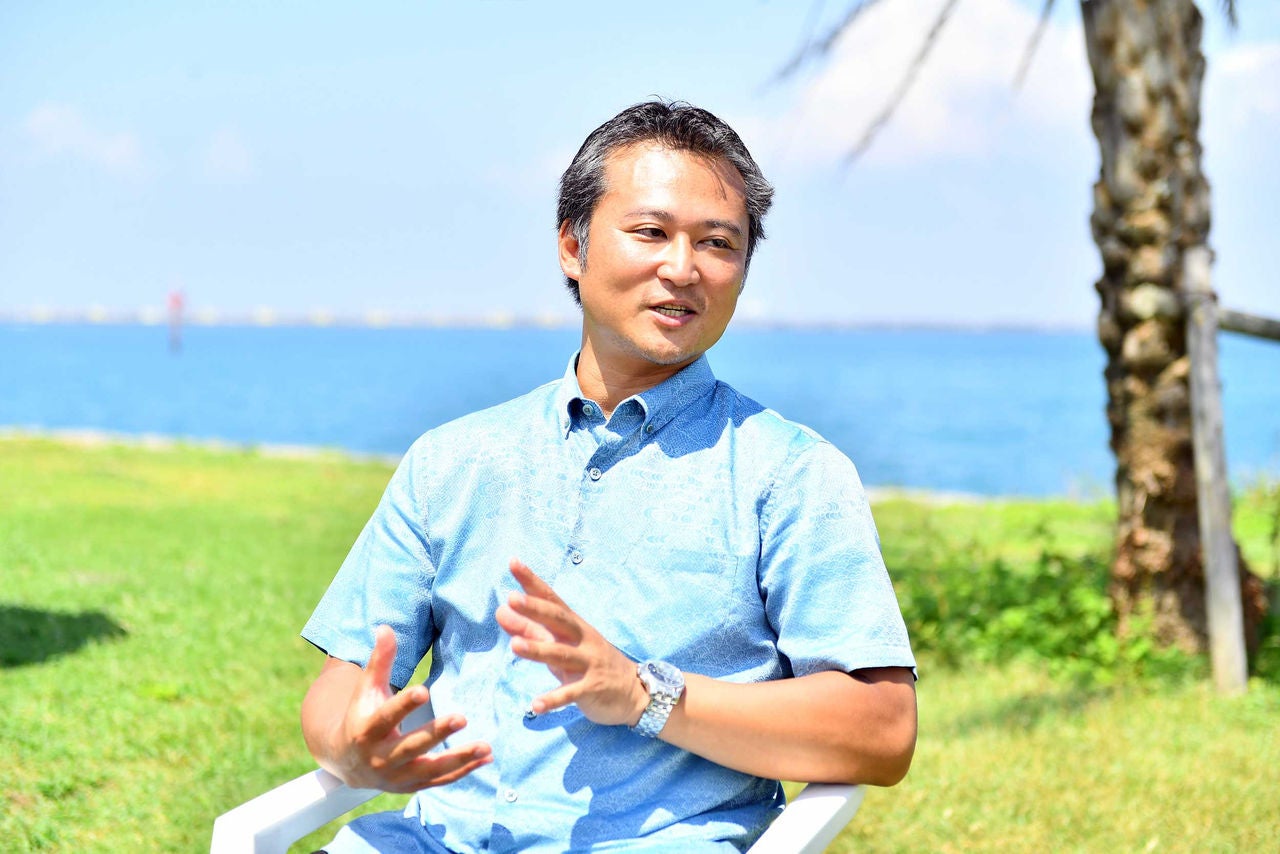
Mr. Hoshi: I believe that it is hugely meaningful that we announced that Okinawa is pursuing DX. With work and lifestyles becoming more fluid, provincial Japan is regarded by the rest of the world as offering high levels of sustainability at incredibly reasonable costs. This increasing worldwide interest in Japan’s regions might transform the country’s economic development model. In short, there could be a paradigm shift from the Tokyo-driven model in place since the end of the Second World War to a region-driven model.
Hirabayashi: In business management, the numbers are essential, but there hasn’t been much progress at the level of visitor numbers for destination management. Perhaps what’s needed are balance sheets and profit and loss statements, and building infrastructure that can forecast and give visibility of incoming tourist numbers.
Mr. Hoshi: Agreed. Data utilization is critical to promote circulation in the local economy and to deliver continuous improvement. Data science and design thinking are central to carving out a future through tourism. By making use of data, we will increase the number of people who are interested in Okinawa, deepen economic ties between industries, and achieve highly efficient tourist area management. Pursuing these initiatives on a continuous basis will lead to greater tourist loyalty.
Most of the global hotel chains that dominate the hospitality sector emphasize that their employees are the interface for interacting with tourists. With customer management, meanwhile, they utilize extremely detailed data about hobbies, preferences, activity history and so on, to provide high-quality services that are optimized for each customer. Digital technology is a must to respond to diverse needs and enhance loyalty.
Hirabayashi: For promotion of DX in the tourism industry, it is important to raise the productivity of each business operator. Financial institutions are described as playing a support role to SMEs and sole proprietors. Is a more exact definition of their role possible?
Mr. Hoshi: Traditionally, regional banks have offered consulting to local SMEs to make them more viable as businesses. However, the COVID-19 pandemic has inflicted severe damage on the regional economy. There needs to be DX in areas where it can translate directly into higher productivity and profitability, and technology can eliminate inefficiencies in operations and imbalances in human resources. There also needs to be a cycle for allocating the additional earnings generated by these moves. Regional banks and other local financial institutions must join forces with destination management organizations (DMOs) and system vendors to build infrastructure for the entire region.
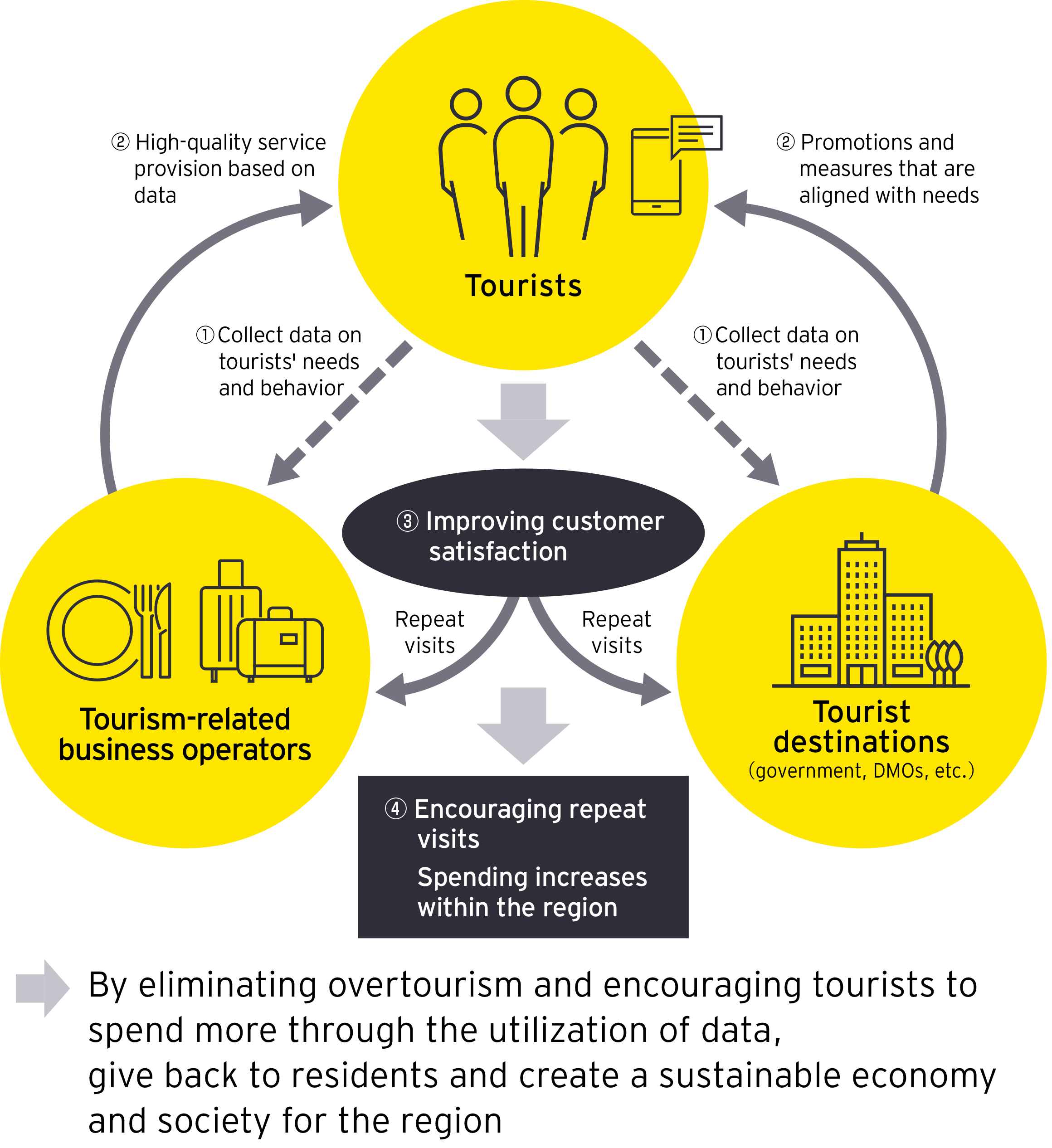

Section 3
Revisiting the nature of tourism, and broadening horizons in Japan
A society that is accepting of diversity where all people can live with confidence and pride. Okinawa’s role is to transmit this cultural value to the world.
Hirabayashi: At EY Japan, we consider the economic aspects and social aspects of tourism, such as human resource development, as the trump card for regional stimulus and revitalization.
As tourism involves numerous local business operators, it is important to establish a data infrastructure that supports all of the local economy, which is driven by these businesses, and then also deploy the collated data in other fields. This generates innovation.
In addition, tourism is the source of interaction by people from different countries and cultures and has an impact not only on tourists but also on the individuals who live in the region. An environment in which there are frequent opportunities for encounters with others, i.e. to develop personalities and values that are accepting of diversity encourages the fusion of economic and social activities, and injects energy into the community. This is key to sustainable development.
Based on this new approach to tourism, we will coordinate activities and engage in dialogue with the various stakeholders in Okinawa, and work collaboratively with them. By doing this, we will encourage a virtuous cycle of innovation and contribute to the creation of long-term value. I believe that this is our EY mission.
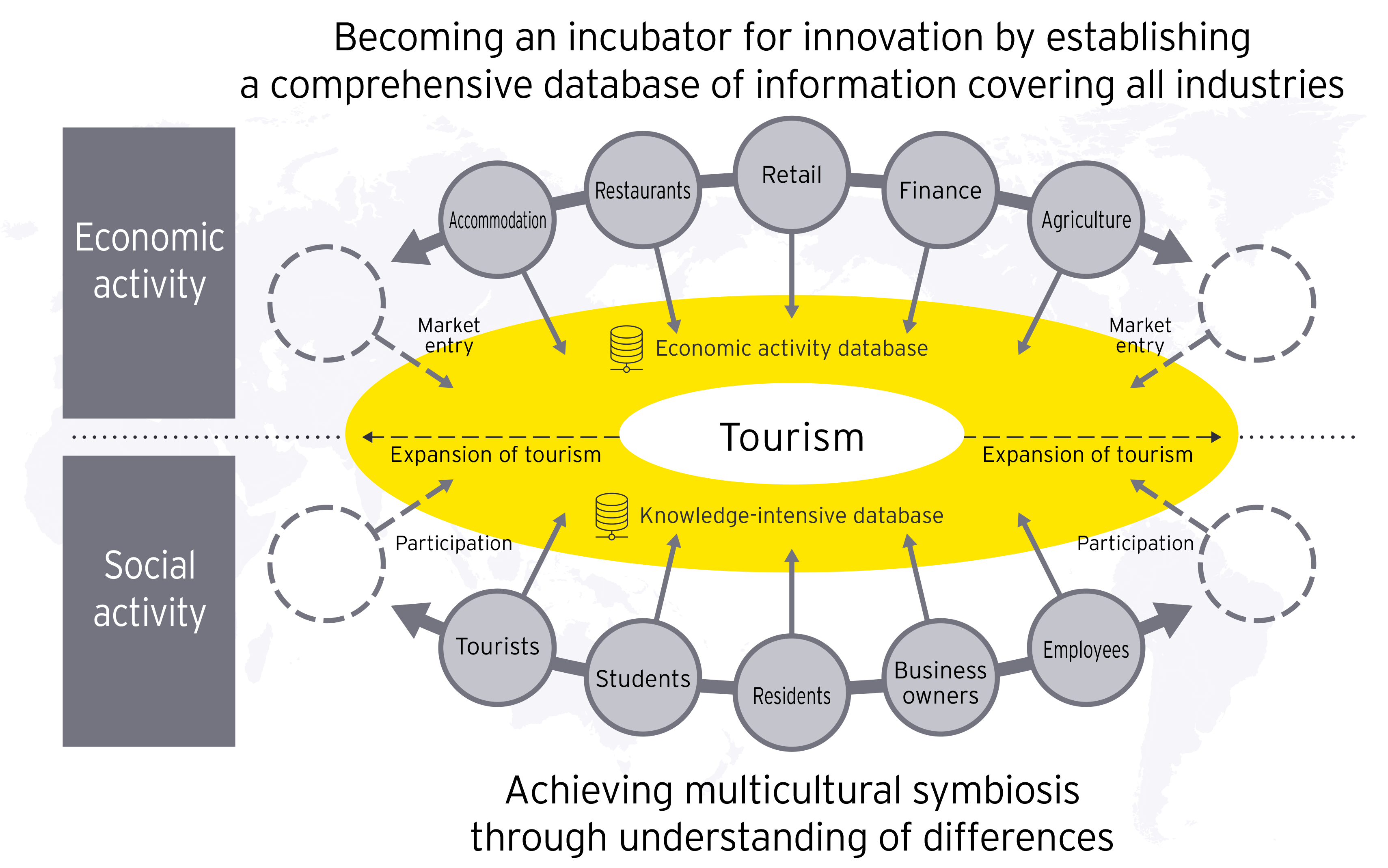
Mr. Hoshi: Tourism is the gateway for the local economy, and I view it as the only way to make the local community sustainable.
From an economic standpoint, we will enhance loyalty toward the region, deepen links within it, and increase added value. We will also raise the output of the region and invest in areas like human resources. I believe this sort of circulation is fundamental to the economic model for the 21st century. In Okinawa, we have to create a mechanism for cooperation with local financial institutions and industry.
In the past, I was involved in the JTA’s New Second Hometown Project. Its activities echo the concepts of the “third place” as defined by urban sociologist Ray Oldenburg, or Emily Dickinson’s description of “another sky.” Our experiences and viewpoints gained through travel, which is not an everyday occurrence, enhance the value of our life and promote self-actualization. In that sense, it represents innovation. And if we add hospitality to this, the lives not only of the tourists but also of the hosts who welcome them will be enriched. Tourism is an incredibly enjoyable activity, so the work of the tourism industry generates lots of enjoyment.
The social significance of tourism will become even greater in the future. The Japanese government’s new curriculum guidelines for schools call for younger generations to be provided with high-quality, formative experiences through tourism, and equipped with the ability to live alongside their communities. So this is the perfect time for tourism to contribute to human resource development. At present, human resource development projects are being implemented with local people in various regions across the country, and I hope that these initiatives will be rolled out nationwide to create a new economy and society for Japan.
Hirabayashi: Human resources are an important theme. In an era in which we are told contact between people is weaker, I think that increasing opportunities for people, from the time they are children, to interact with managers of businesses such as local stores will foster innovation and entrepreneurship.
Mr. Hoshi: Yes, that’s right. The starting point for manufacturing and services in Japan is the proximity of business operators and customers within regions. If education and tourism stakeholders work together to build high-quality and original experiences, this will accelerate the production of excellent corporate and working people.
My ideal is a society accepting of diversity where all people can live with confidence and pride. That sort of culture has been firmly established in Okinawa for many years. I believe that Okinawa’s role is to transmit this cultural value not just within Japan, but also elsewhere in Asia and to the rest of the world.
To design the local communities of tomorrow, we need to adopt a global perspective, and create an environment in which data can be utilized across multiple sectors. EY Japan helped us develop our summary on DX announced in August 2022 which uses this kind of perspective. We will begin with Okinawa’s tourism industry to create a society where local people have hope for the future and can have a smile on their face. Let’s work together, using tourism to make Okinawa a vibrant and exciting place.
Hirabayashi: These initiatives for regional revitalization also help EY to achieve its purpose. I want to make Okinawa a sustainable community centered on tourism, and then roll out this initiative to other parts of Japan.
Summary
Capabilities in the areas of DX, data science and design thinking are vital to the structural transformation that tourism in Okinawa requires. The role played by tourism in regional revitalization is set to increase further in order to create economic circulation and the development of data infrastructure in the region. This discussion highlights the potential of tourism to contribute to the promotion of human resources development and innovation which follow revitalization, and also deals with the future of the industry. It also examines the creation of long-term value in the form of regional revitalization through such initiatives.


